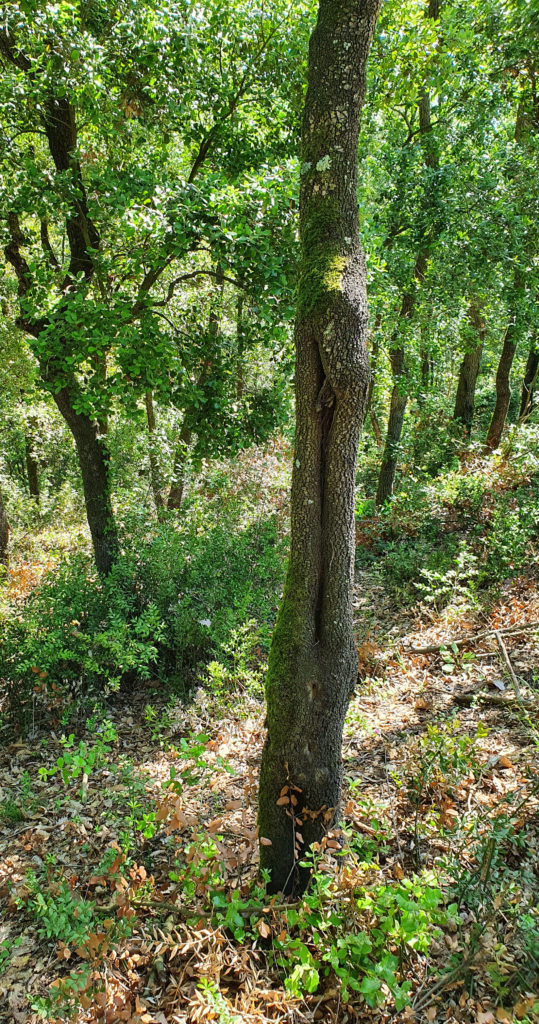The main objective of the project is to improve the biodiversity of the Mediterranean forest through the integration of specific measures and innovative practices into forest planning and management instruments, and through new financing and compensation mechanisms. The aim is to make biodiversity enhancement compatible with the economic sustainability of forest management, guaranteeing the persistence of the stands and their adaptation to climate change.
Based on the use of innovative management models, the specific objectives of the project are as follows:

- To improve the biodiversity of the most representative Mediterranean forests (pine forests and Quercus stands), making their environmental and socio-economic values compatible and fostering their capacity to adapt to climate change.
- To demonstrate the applicability of innovative forest management measures through fieldwork, the effect of which is defined in detail during the project.
- To develop new measures for enhancing forest biodiversity: (i) forest management models and manuals, including forestry concepts that are in touch with nature and criterion for preparing and establishing naturally evolving areas; (ii) the development and adaptation of a Potential Biodiversity Index adapted to the Mediterranean forest, which allows its state of conservation to be evaluated and measures to be proposed for its improvement.
- To develop innovative financing mechanisms (including quantification methods and land stewardship tools) to remunerate forest owners for loss of income caused by the implementation of practices to encourage biodiversity.
- To integrate the developed measures into regional policies and regulations governing Mediterranean forest management: (i) spatial and sectoral planning; (ii) forest ordinance instruments; (iii) guidelines for sustainable forest management.
- To pass on the developed techniques, indicators and measures to the main actors involved in forest management (owners, managers, forest administration, enterprises) in order to further their adoption.
- To disseminate the results to specific actors and raise awareness among society of the importance of enhancing biodiversity through sustainable and multifunctional forest management, preventing rural abandonment and fostering dynamic forests capable of generating ecosystem services (renewable products, recreation, landscape, soil and water protection, carbon storage) and providing habitats for a resilient and diverse ecosystem.
